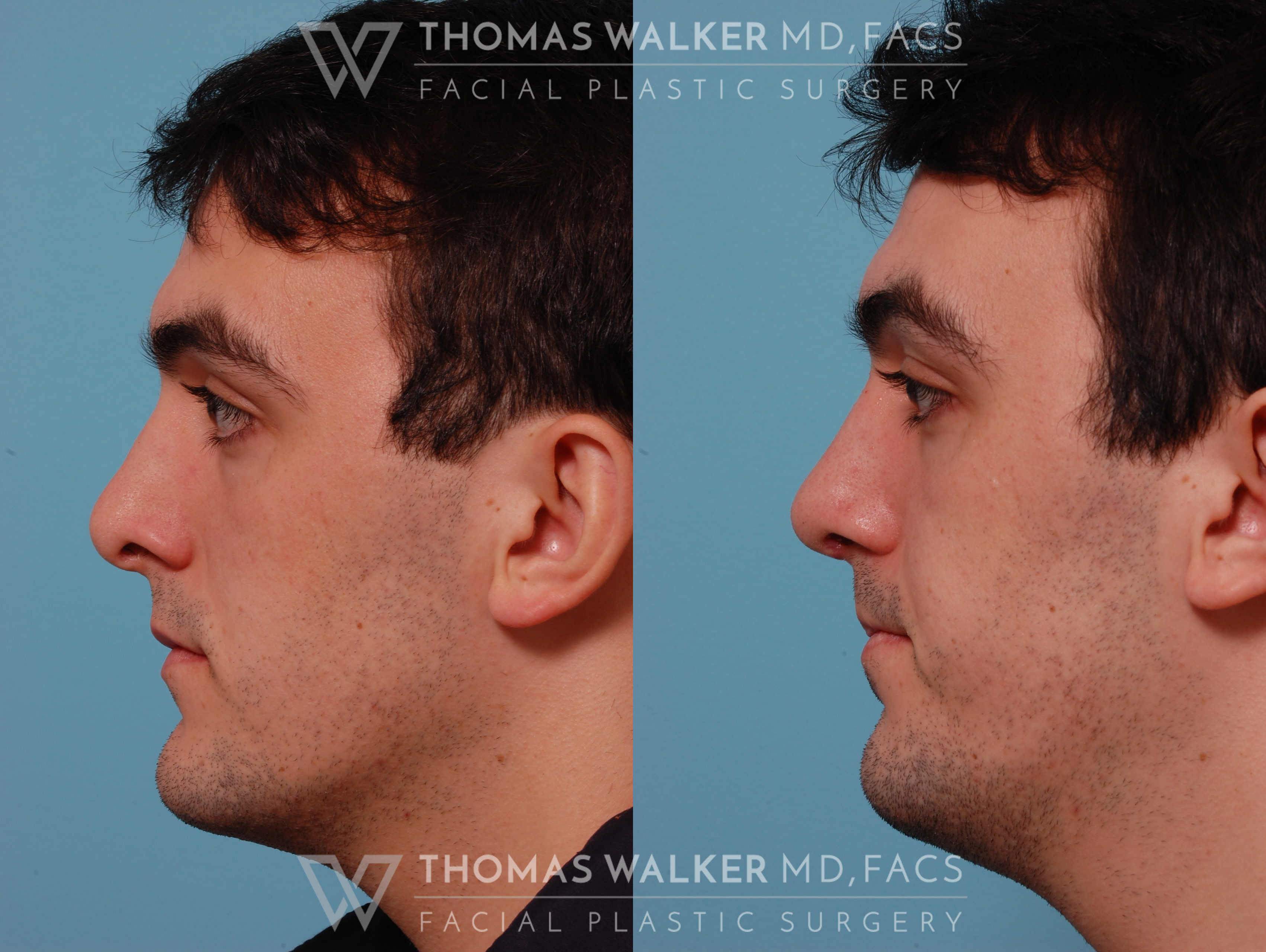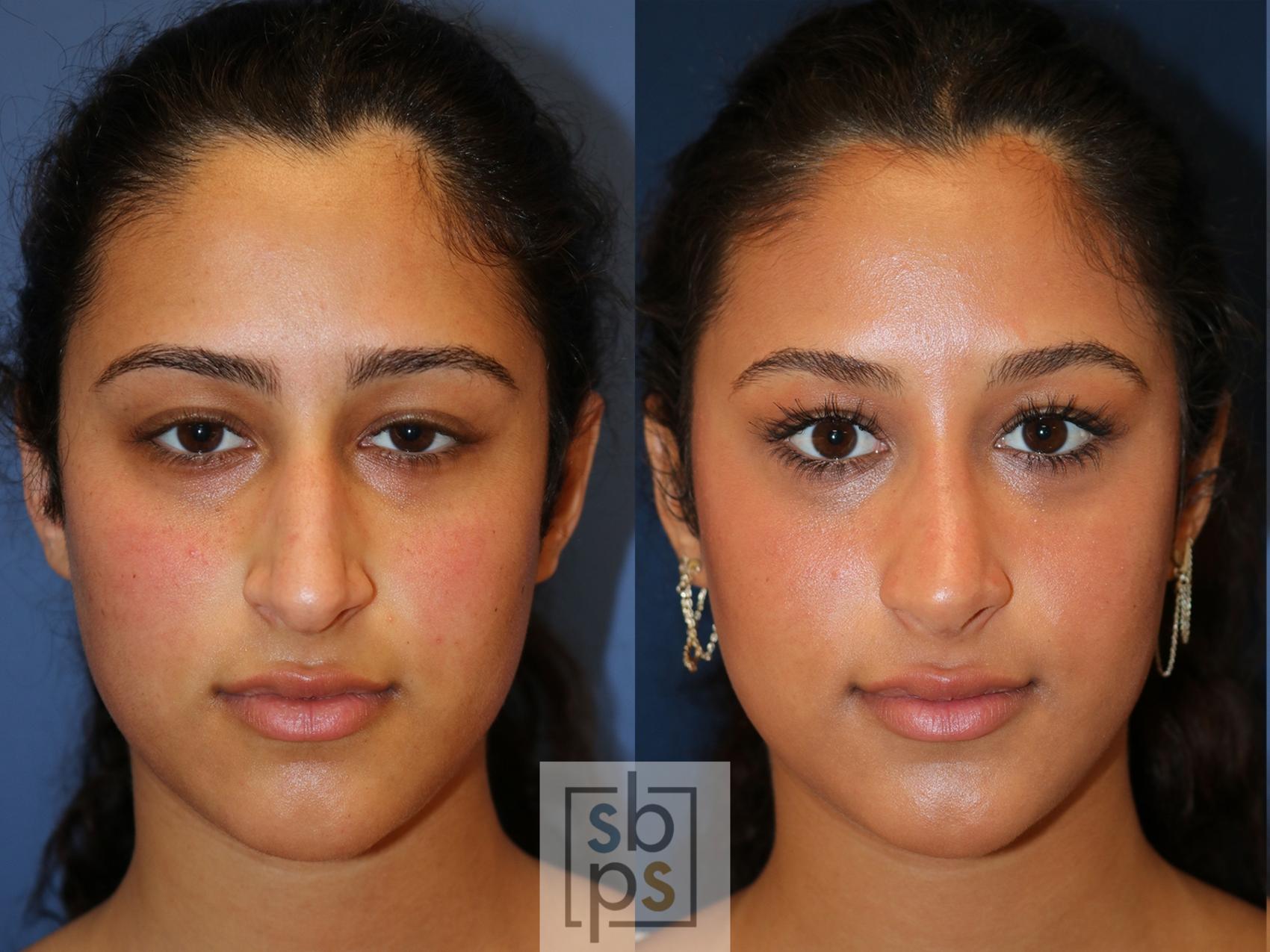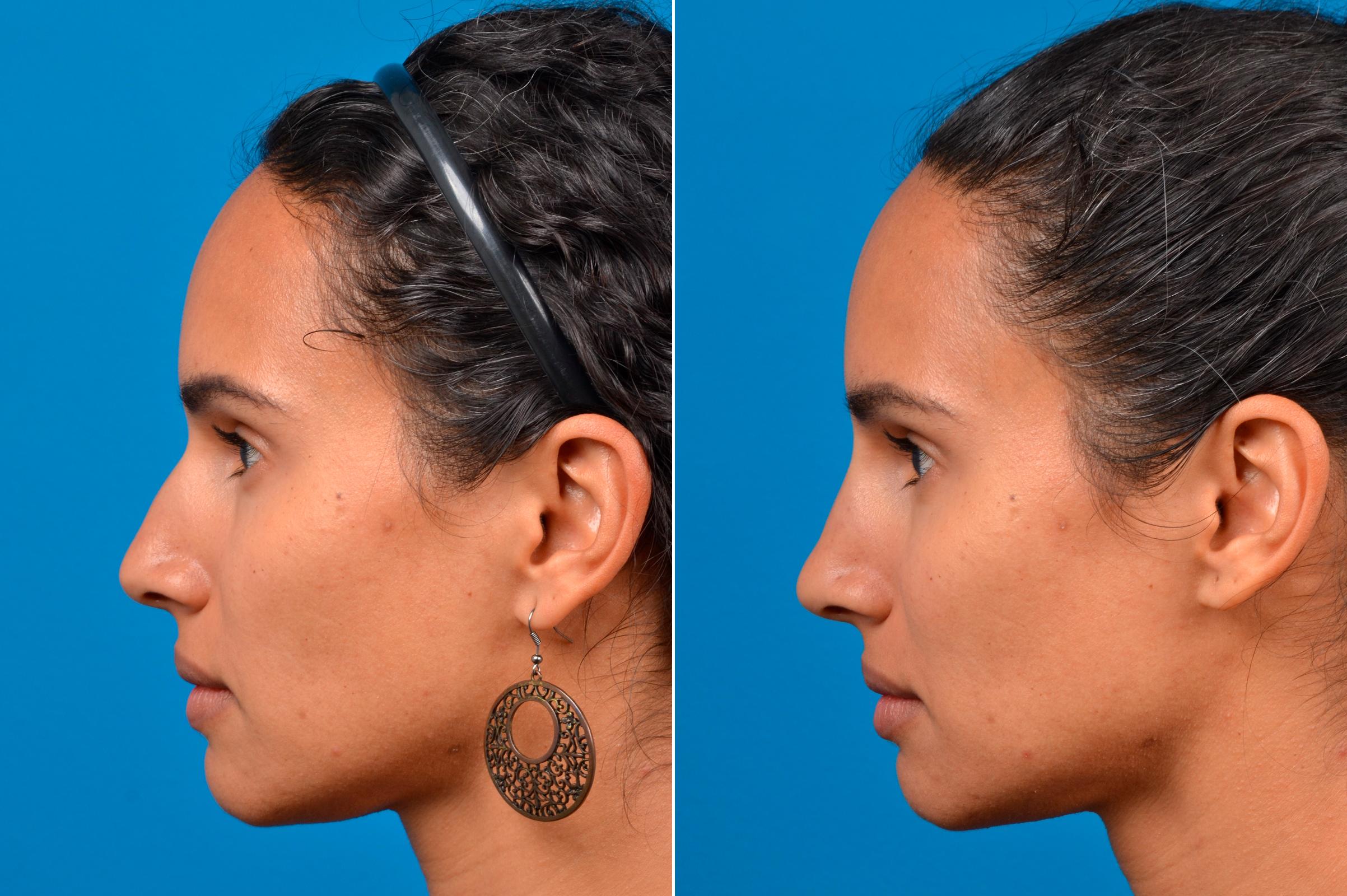The 30-Second Trick For Rhinoplasty: MedlinePlus Medical Encyclopedia


Nasal Surgery (Rhinoplasty) - Pinehurst Surgical Clinic
Rhinoplasty Carmel Indianapolis - Nose Surgery Zionsville for Beginners
the elevator muscle group that includes the procerus muscle and the levator labii superioris alaeque nasi muscle. the depressor muscle group which consists of the alar nasalis muscle and the depressor septi nasi muscle. the compressor muscle group that includes the transverse nasalis muscle. the dilator muscle group that includes the dilator naris muscle that expands the nostrils; it is in two parts: (i) the dilator nasi anterior muscle, and (ii) the dilator nasi posterior muscle.
B. Aesthetics of the nose nasal subunits and nasal sectors [edit] To prepare, map, and execute the surgical correction of a nasal flaw or deformity, the structure of the external nose is divided into nine aesthetic nasal subunits, and six aesthetic nasal sectors, which supply the plastic surgeon with the procedures for determining the size, level, and topographic location of the nasal problem or deformity.

Esthetic Rhinoplasty in the Multiply Operated Nose - Journal of Oral and Maxillofacial Surgery
The 4-Minute Rule for A nosedive in nose jobs: why fewer people are opting for

the dorsal nasal segment the lateral nasal-wall sections the hemi-lobule segment the soft-tissue triangle sections the alar segments the columellar section Nose job: The Common carotid artery. Using The Portland Center For Facial Plastic Surgery -ordinates of the subunits and sectors to determine the topographic area of the problem on the nose, the plastic cosmetic surgeon strategies, maps, and executes a nose surgery procedure.
Hence, if more than half of a visual subunit is lost (damaged, faulty, destroyed) the cosmetic surgeon replaces the whole visual segment, usually with a local tissue graft, harvested from either the face or the head, or with a tissue graft collected from in other places on the patient's body. C. Nasal blood supply arteries and veins [edit] Like the face, the human nose is well vascularized with arteries and veins, and therefore provided with abundant blood.
The Main Principles Of Considering Rhinoplasty? Here's What You Need to Know
The external nose is provided with blood by the facial artery, which ends up being the angular artery that courses over the superomedial aspect of the nose. The sellar region (sella turcica, "Turkish chair") and the dorsal area of the nose are supplied with blood by branches of the internal maxillary artery (infraorbital artery) and the ophthalmic arteries that derive from the internal typical carotid artery system.
